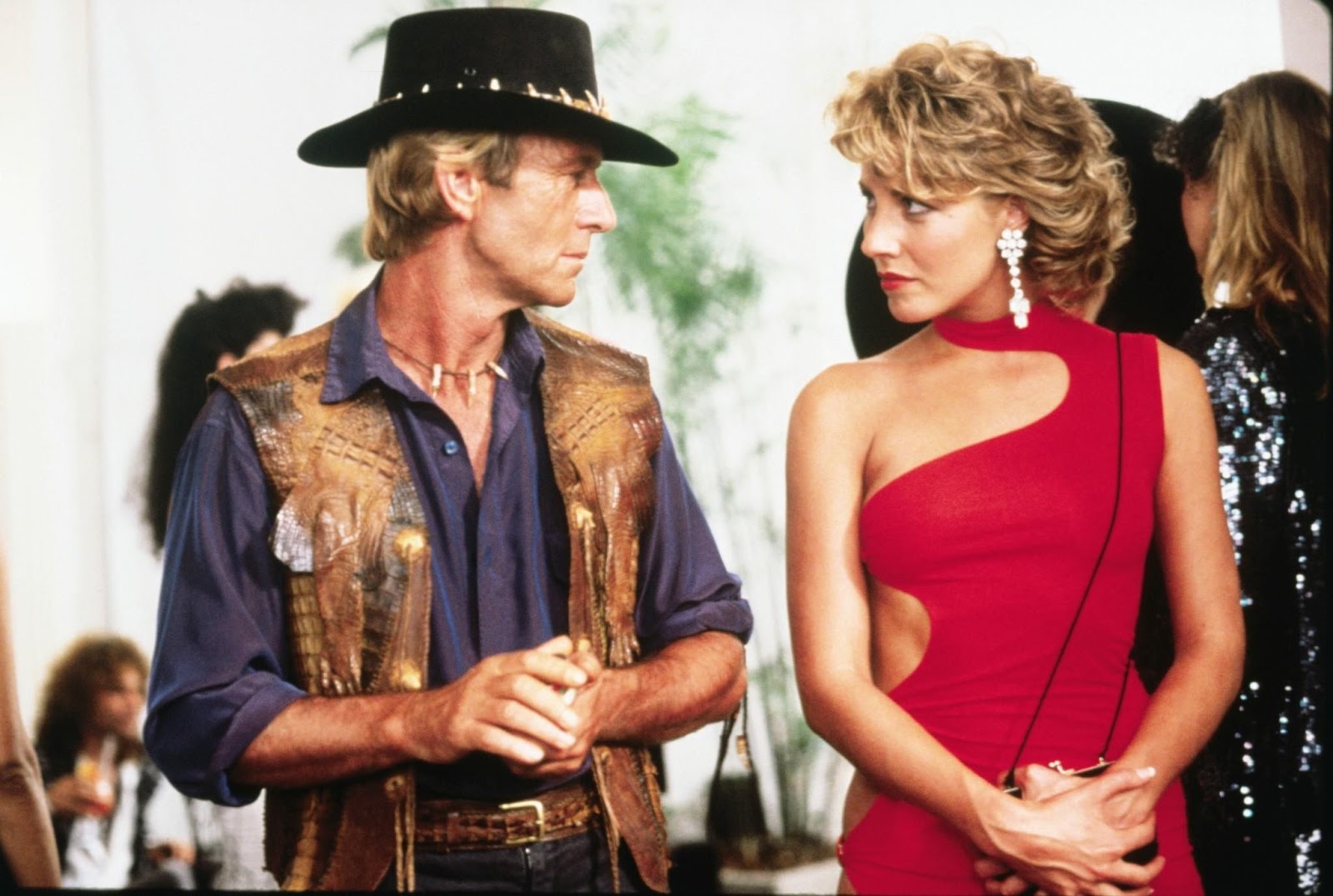When one thinks of Australian cinema, one name often stands out above the rest: Crocodile Dundee. This legendary character, brought to life by Paul Hogan, not only captivated audiences worldwide but also became a cultural icon representing the rugged spirit of the Australian outback. The film, released in 1986, was a delightful blend of humor, adventure, and romance, showcasing the stark contrast between city life and the wild Australian wilderness. The adventures of Mick Dundee, the lovable and resourceful crocodile hunter, took viewers on a thrilling journey that was both entertaining and heartwarming. As we dive deeper into the world of Crocodile Dundee, we’ll explore the facets that made this film a timeless classic and its lasting impact on popular culture.
From its rich characters to its breathtaking landscapes, Crocodile Dundee opened a window into Australia that many had never seen before. The film's success spawned sequels, merchandise, and even shaped the perception of Australia on the global stage. Through humor and adventure, it bridged cultural gaps and made audiences laugh while learning about the beauty and uniqueness of the Australian outback.
As we embark on this journey to understand the legacy of Crocodile Dundee, we will examine its main character, the impact of the film on the film industry, and why it remains a beloved classic today. So, what is it about Crocodile Dundee that continues to resonate with audiences across generations?
Who is Crocodile Dundee?
At the heart of the Crocodile Dundee saga is Mick Dundee, a character that has become synonymous with Australian culture. Portrayed by the talented Paul Hogan, Mick is a charismatic and adventurous crocodile hunter living in the remote Australian outback. His larger-than-life personality, combined with his resourcefulness and charm, makes him a character that audiences love to root for. But who exactly is Mick Dundee, and what are the defining characteristics that have captured the hearts of many?
Biography of Paul Hogan
| Full Name | Paul Hogan |
|---|---|
| Date of Birth | October 8, 1939 |
| Place of Birth | Lightning Ridge, New South Wales, Australia |
| Occupation | Actor, Comedian, Writer, Television Host |
| Notable Work | Crocodile Dundee Series |
What inspired the creation of Crocodile Dundee?
The creation of Crocodile Dundee was inspired by Paul Hogan's own experiences. Hogan, who worked as a rigger and a comedian, drew upon his knowledge of the Australian lifestyle and its unique characters to craft a story that felt authentic. The character of Mick Dundee reflects Hogan's sense of humor and love for the Australian wilderness. The film's screenplay, co-written by Hogan, captures the essence of adventure while humorously highlighting the cultural differences between Australians and Americans.
What themes are explored in Crocodile Dundee?
Crocodile Dundee is more than just a comedy; it delves into several themes that resonate with audiences. The film explores themes of love, friendship, and the clash of cultures. The budding romance between Mick and American journalist Sue Charlton, played by Linda Kozlowski, serves as a central plot point, while their contrasting backgrounds provide comic relief and an exploration of cultural misunderstandings.
How did Crocodile Dundee impact Australian cinema?
The release of Crocodile Dundee marked a significant turning point for Australian cinema. It brought international attention to the Australian film industry, leading to increased investment and interest in local productions. The film showcased the beauty of the Australian landscape, from the outback to the bustling cities, which contributed to a newfound appreciation for Australian culture. Moreover, it paved the way for future Australian films to gain traction on the global stage.
What role does humor play in Crocodile Dundee?
Humor is a critical component of Crocodile Dundee's charm. The film is filled with witty one-liners, hilarious situations, and comical misunderstandings that keep audiences engaged. Mick's unique perspective on life and his straightforward approach to problems often lead to laugh-out-loud moments. This blend of humor and adventure creates a light-hearted atmosphere that appeals to viewers of all ages.
Why is Crocodile Dundee considered a classic?
Crocodile Dundee has earned its status as a classic film for several reasons. Firstly, its relatable characters and engaging storyline have stood the test of time. The film's humor and heartwarming moments resonate with audiences, making it a beloved favorite. Additionally, the iconic tagline, "That's not a knife... this is a knife," has become ingrained in popular culture, cementing Mick Dundee's legacy as a cultural icon.
What can we learn from Crocodile Dundee?
At its core, Crocodile Dundee teaches valuable lessons about friendship, love, and embracing one's identity. Mick Dundee's unwavering confidence and authenticity serve as reminders to viewers to stay true to themselves, regardless of external pressures. The film also encourages audiences to appreciate the beauty of cultural differences and the importance of open-mindedness and understanding.
What is the legacy of Crocodile Dundee today?
Today, Crocodile Dundee remains a significant part of the cultural landscape, with references appearing in various forms of media, from television shows to advertisements. The film's impact on the perception of Australia and its unique culture continues to resonate with new generations. As a symbol of adventure and humor, Crocodile Dundee has carved a permanent place in the hearts of audiences worldwide.
In conclusion, Crocodile Dundee is more than just a film; it is a cultural phenomenon that has left an indelible mark on the world of cinema and popular culture. Through its unforgettable characters, themes of love and friendship, and the humor that permeates every scene, it is no wonder that audiences continue to celebrate the adventures of Mick Dundee. As we reflect on the legacy of Crocodile Dundee, we are reminded of the power of storytelling and the joy of embracing our differences while finding common ground.



